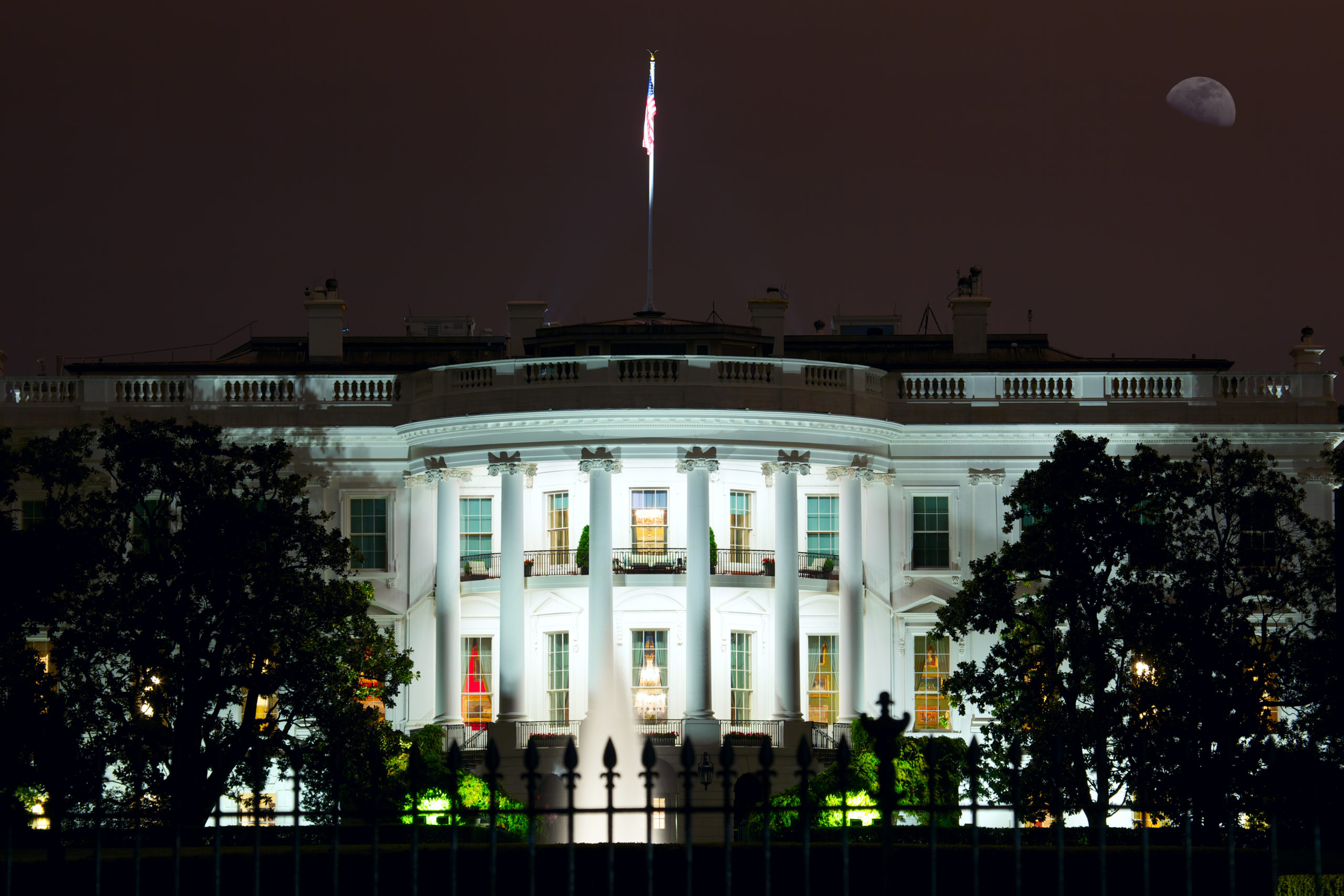Much of the discussion right now about how to hold President Donald Trump accountable for his role in the attack on the Capitol last week is focused on impeachment and the Twenty-Fifth Amendment. But criminal accountability is another option, and a criminal investigation is warranted on the publicly known facts. To briefly review:
At a January 4 rally in Dalton, Georgia, Trump claimed, among other things: “There is no way we lost Georgia. There’s no way. … That was a rigged election, but we’re still fighting it. And you’ll see what is going to happen.”
And on January 6, Trump addressed the crowd gathered in D.C. that morning, firing them up and urging action: “These people are not going to take it any longer. They’re not going to take it any longer. … We will never give up. We will never concede; it doesn’t happen. You don’t concede when there’s theft involved. … We will not take it anymore, and that’s what this is all about. To use a favorite term that all of you people really came up with, we will stop the steal.”
Evidence of intent—known as “mens rea” in criminal-legal parlance—is rarely proved by explicit statements. Rather, it is often a combination of circumstantial evidence that allows investigators, prosecutors, and juries to conclude that a person had the requisite mens rea for a crime. For those who violently assaulted law-enforcement officers, forced their way into the Capitol without authorization, destroyed property, and announced their intention to “stop the steal,” proof of intent is easy. For the instigators such as the president who didn’t do the physical dirty work, proof of intent is more challenging to establish, but not impossible.
The call-and-response relationship the president has had with his supporters over the past year offers evidence that he must have known the impact of his words on his followers. Last spring, for example, the president tweeted “LIBERATE MICHIGAN” in response to the Democratic Governor Gretchen Whitmer’s stay-at-home order, just after armed protesters—some of whom later were arrested for their plot to kidnap the governor—stormed the statehouse in Lansing as the legislature was considering whether to extend the state of emergency, attempting to intimidate lawmakers to bend to their will. Last summer, when the president threatened to designate “antifa” a terrorist organization while repeatedly blaming leftist “anarchists” for destruction of property during largely peaceful racial-justice demonstrations, far-right vigilante militias took it upon themselves to “protect” property, resulting in shootings and deaths in several American cities. And that same violent street gang that wreaked havoc in D.C. during “Stop the Steal” rallies in November and December did so after the president called on the organization by name during the first presidential debate to “stand by.”
Investigators would want to obtain the president’s internet and social-media history—does it establish that he viewed content agitating for violence at the Capitol? Whether properly briefed on the threats or not, his own social-media use could give investigators clues as to his knowledge and intent at the time he encouraged the crowd to “never give up,” “show strength,” and “stop the steal.”
Business records—phone, email, and financial—could also be telling. Did the president or any of his surrogates have contact with any of the organizers or participants in the siege? Were there any monetary transactions that reveal connections?
And investigators would want to talk with those in the president’s inner circle (as well as those such as Georgia Secretary of State Brad Raffensperger, whom he attempted to coerce into committing election fraud). What was he saying about the will of his supporters? Did his comments reflect an intent to encourage the crowds that have shown up at state capitols and election offices protesting—sometimes with threats of violence—what they had falsely been led to believe was a fraudulent vote count? Did he say anything to suggest his desire for the demonstrators on January 6 to physically invade the Capitol and prevent the certification of the Electoral College results? To harm Vice President Mike Pence? What was the president’s reaction when he saw what was happening? Did he indicate that the mob had done just what he wanted?
Some people may wonder about whether some of this evidence would be protected by executive privilege and whether Trump would be protected from prosecution by presidential immunity, but neither of these protections is absolute, and constitutional separation-of-powers principles do not put the president “above the law,” no matter how much he may wish them to. Criminal prosecution ultimately may not be attainable, or desirable, but we won’t know until there’s an investigation.


